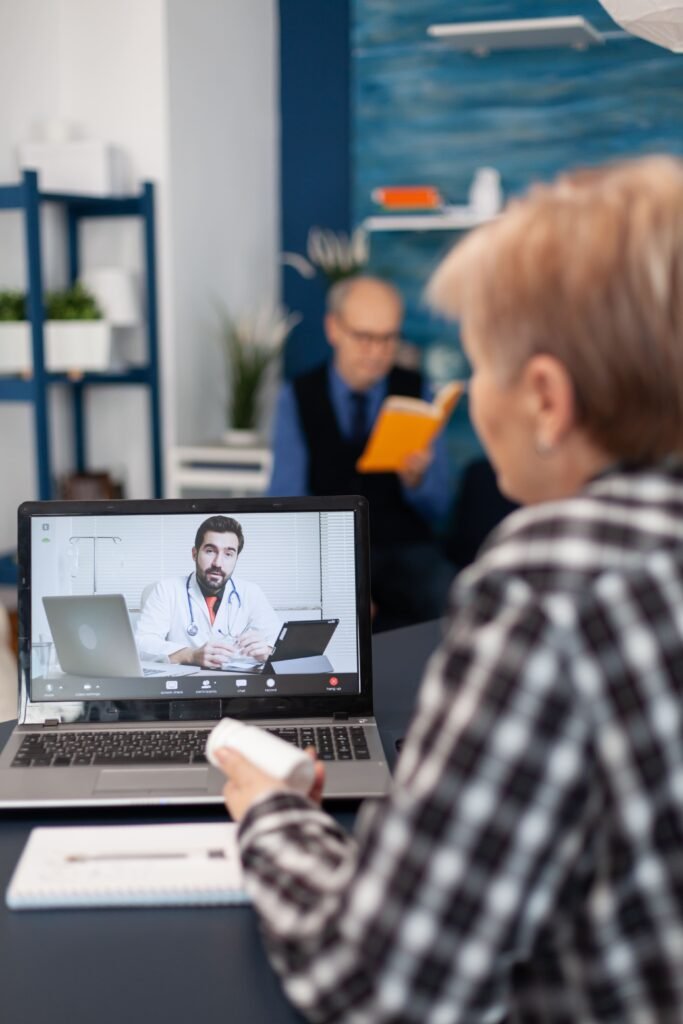FAQ
Do you take insurance?
Good Medics does not accept insurance. We believe in transparent, upfront pricing with no hidden fees, and we’ll show you the cost of your visit before you ever speak with a doctor.
When can I make an appointment?
As soon as your purchase is complete, you’ll get a link to register in the patient portal. From there, you can choose the time that works best for your schedule.
When will I see a doctor?
Most patients are seen within 24 hours. You’ll be able to schedule a telehealth visit right after registering in the portal and completing your forms.
Will I get medications if necessary?
Yes. If your provider determines that treatment is appropriate, they’ll send prescriptions to your chosen pharmacy or ship treatments directly to you.
What causes allergies?
Allergies are triggered by substances your body mistakenly treats as harmful, such as pollen, mold, dust, or pet dander. Genetics and environment both play a role.
What are the symptoms?
Symptoms may include sneezing, nasal congestion, runny nose, itchy eyes, sinus pressure, fatigue, or skin irritation depending on the allergen involved.
Can allergies be diagnosed via telehealth?
Yes. Your provider will assess your symptoms and exposure history to create a personalized plan—often without the need for in-person testing.
Do I need allergy testing?
Most cases don’t require testing. But if your symptoms don’t improve or your triggers are unclear, your provider may refer you to a specialist for skin or blood testing.
How soon will I feel better?
Many patients feel relief within 1–2 days of starting treatment, though consistent use of medication is key to maintaining results.





